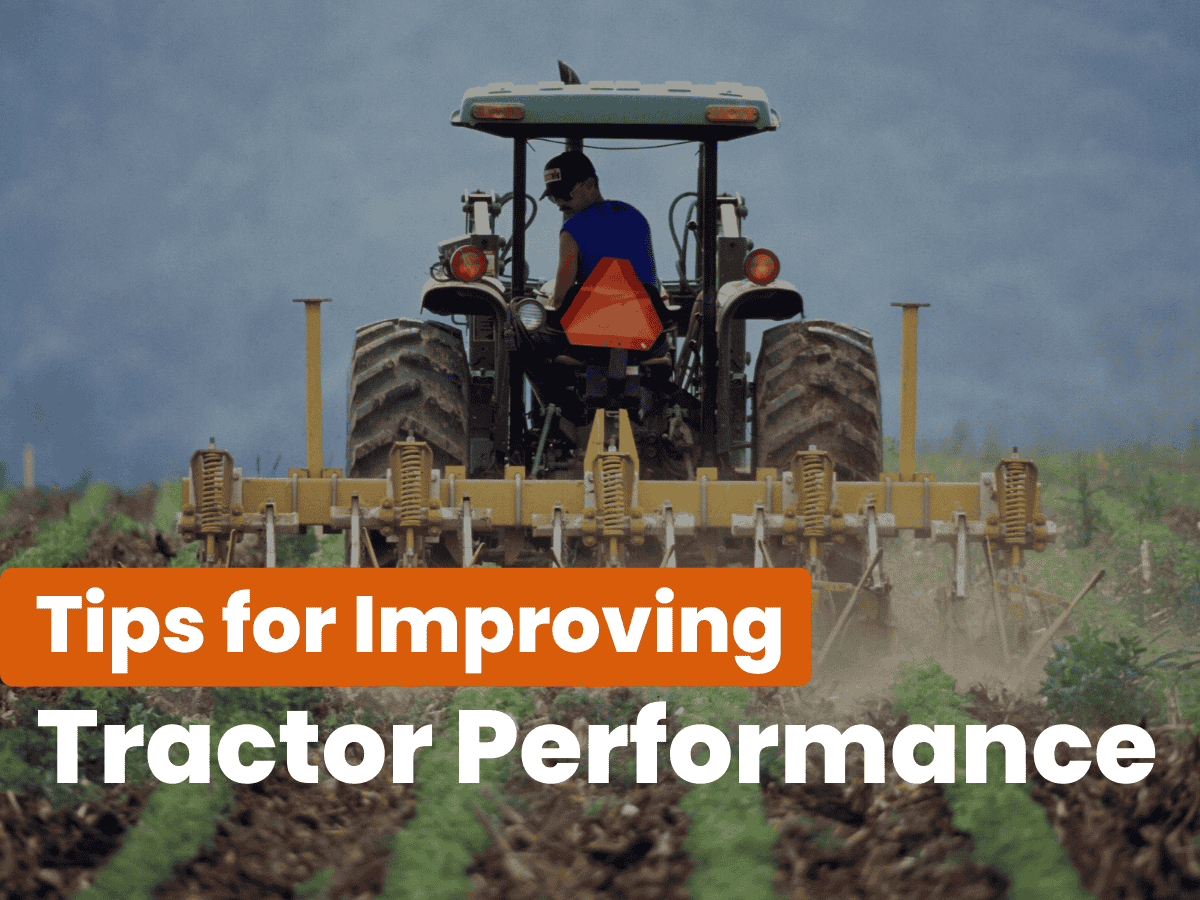What’s up!..
CEAT Specialty Latest Updates
Product Search
Find Your Perfect Tyre
-
YIELDMAX

YIELDMAX
- Stubble Resistance
- Higher Traction & Better Stability
- Enhanced Roadability & Loadability
-
FLOATMAX FT

FLOATMAX FT
- Better traction and grip
- Low vibration and larger footprint
- Reduced soil disturbance
-
TYROCK SUPER X3

TYROCK SUPER X3
- Resistant to cut & chipping
- Good stability & self cleaning
- Suitable for heavy duty service
-
GRIP MASTER EX

GRIP MASTER EX
- Excellent traction
- Higher strength & stability
- Resistant to chip & tears
-
ELEVETA PLUS

ELEVETA PLUS
- Stability & load distribution
- Higher load carrying capacity
- High resistance to wear, tear and cuts
-
PORT PRO RX

PORT PRO RX
- Resistance to cut & puncture
- High load carrying capacity
- Minimised bead failure
-
PORT XL PLUS

PORT XL PLUS
- Longer service life on concrete surface
- Resistant to puncture
- Higher load carrying capacity
-
PORT PRO SL

PORT PRO SL
- Good traction on paved surfaces
- Improved penetration & heat resistance
- Resistant to wear & damage
Browse our tyres based on business



Embracing Diversity: Our Workplace
Fostering a welcoming workplace at CEAT Specialty that celebrates & embraces diversity
Promoting Diversity in Agriculture: Our Rodeo Sponsorship
Supporting diversity in agriculture through our sponsorships of rodeo events at CEAT Specialty
Building Diversity in Agriculture: Our Communities
Recognizing diversity in agriculture to cultivate vibrant communities at CEAT Specialty
Have Questions Related to CEAT Specialty Tyres?
FAQs
CEAT Specialty offers a comprehensive range of high-performance tyres to cater to various industries and applications. Our diverse types of tyres portfolio include agricultural tyres and farm tyres for tractors, sprayers and harvesters. We also provide construction tyres for loaders, backhoes, and graders, ensuring optimal performance in demanding construction environments. Additionally, our industrial tyres are designed to meet the rigorous requirements of material handling equipment and warehouse operations. For off-road applications, we offer tyres suitable for mining, ports, and other challenging terrains. Whatever your tyre needs may be, CEAT Specialty has you covered with durable, reliable, and innovative tyres to keep you moving forward.
Tyre replacement is crucial for your safety and vehicle performance. As a general rule, consider tyre replacement when the tread depth reaches 2/32 of an inch or if you notice significant wear, cracks, or bulges. Additionally, if your tyres are older than six years, even with good tread, it's recommended to have them inspected by a professional. Regularly inspect your tyres for signs of damage or wear and consult your local tyre expert for a thorough assessment.
To determine if a tyre fits your vehicle, consider three key factors: tyre size, load capacity, and speed rating. Refer to your vehicle's owner's manual or the tyre placard on the driver's side door jamb for the best tyre size. Verify the load capacity and speed rating requirements based on your vehicle's specifications. If you have any doubts, consult with a tyre professional who can assist you in selecting the best for your specific vehicle model.
To purchase CEAT Specialty tyres , you have several options. You can visit our authorized dealers and retailers across the country to explore our range of tyres and make a purchase. Alternatively, you can conveniently browse CEAT Specialty tyres from this website. For personalized assistance, our customer support team is always ready to guide you through the purchasing process and answer any queries you may have.
CEAT Specialty offers a wide range of tread patterns such as R-1, R-2, R-3, and R-4 to suit various applications and terrains. These tyre tread patterns are specifically designed to provide optimal traction, stability, and durability in different conditions, including agricultural fields, construction sites, industrial settings, and off-road environments. Whether you need tyres for farming, construction, material handling, or other specialized needs, CEAT Specialty has the right tread pattern to enhance performance and meet your specific requirements.














































